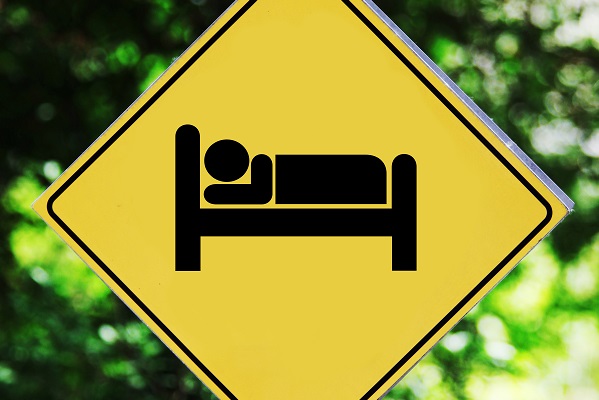How to Live in Hostels
If you’re planning a backpacking holiday or a Gap Year it is more than likely that you will spend some time in a hostel. Hostels tend to come with an unfair stigma attached; they are associated with dirty, dangerous and unruly hovels.
Contrary to popular belief, many hostels are great places to stay; they are safe, welcoming, comfortable and clean. They generally have rooms with multiple beds, a kitchen, showers, and a socialising area.

Nevertheless, staying in a hostel does come with a period of adjustment, just like living in university halls. Below are our tips and advice for thriving and enjoying your time in hostels:
Research hostels before you depart
- Don’t just turn up and hope you will find a bed; you might find yourself somewhere a bit grim.
- Research the nicest places in the best locations, ideally you want to be in the heart of the place you are visiting, otherwise you will end up spending more money and time on transport.
Invest in the essentials
- Ear plugs and natural sleeping aids are very good investments, if you are doing a lot of walking and travelling a good night’s sleep is absolutely essential.
- An inflatable pillow is always a great investment, good for travelling and if the pillows provided are rubbish.
- Get a Travel clock with alarm, if you want to make the most of your travels this is essential.
Do live out of your bag
- Don’t make a mess, if you are sharing a relatively compact space you will not be thanked for spreading out your possessions. Plus if you have some early mornings planned your fellow travellers will not be happy if you are tripping around the room trying to pack up.
Listen and learn
- You will meet some amazing and interesting people on your travels, especially at hostels, talking to seasoned travellers could get you some invaluable advice.
If you can rent a locker/space to secure your possessions, do it! Just to be extra safe.
- Otherwise investing in some small luggage locks is advisable.
Accidents happen
- Make sure you have packed any important possessions or documents safely, either wrap them up or put them in a water proof bag, to avoid damage.
- Always carry a photocopy of any prescriptions you are on, your passport and your travel documents in case of emergency.
The final key to surviving any trip is to make sure you invest in travel insurance, to make sure you and your possessions are fully protected. Explore what the world has to offer, with Holidaysafe.


